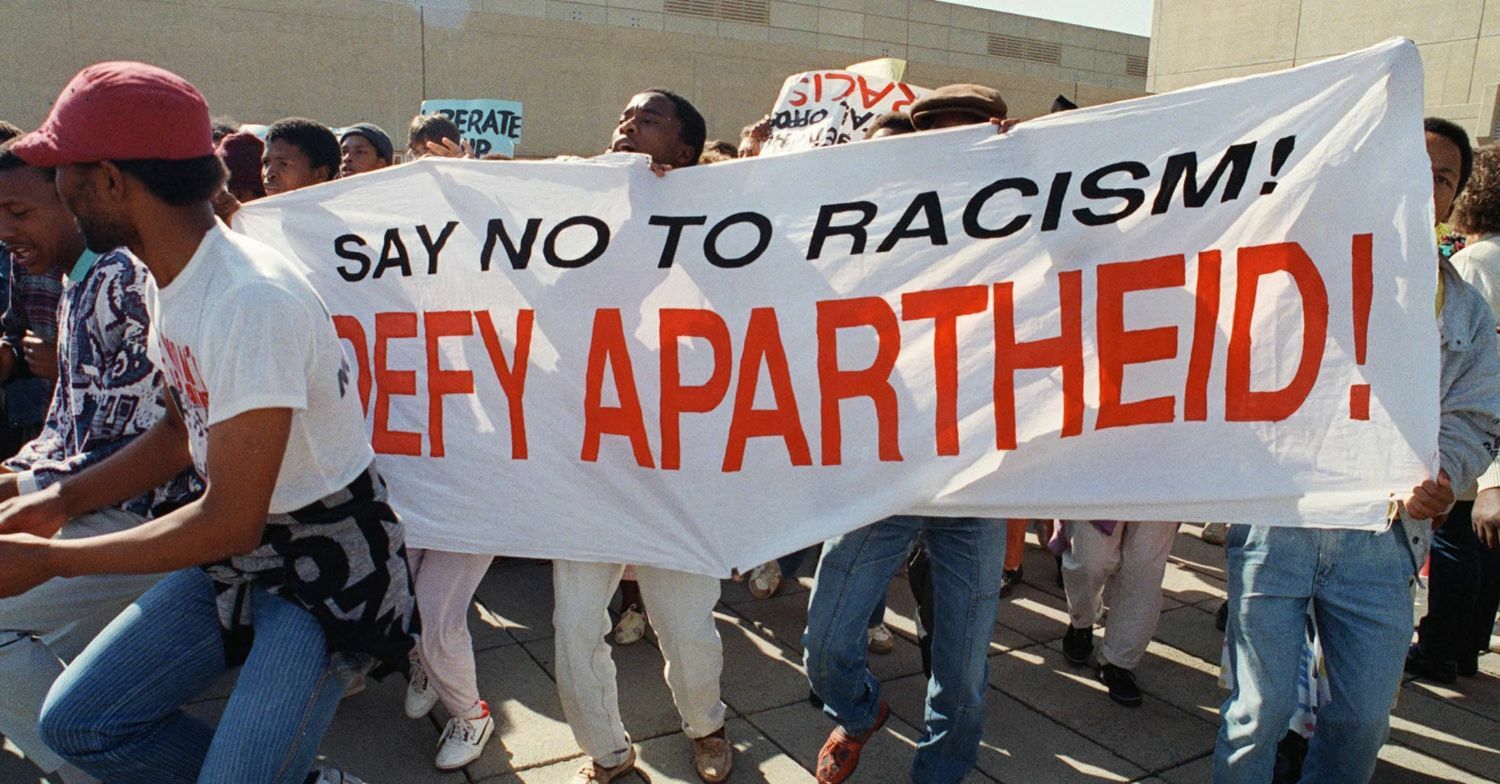God’s Vision for the Church


As we near the end of our summer worship series, we turn to one of the most powerful and prophetic statements in the Reformed tradition—the Belhar Confession of South Africa. It was written in 1982, right in the middle of the apartheid era, a time when laws were built to divide people by race and power. Belhar was a bold confession of faith written by Christians who believed the church had to speak up. It’s a declaration that still speaks today, reminding us that the church is called to be a community of unity, reconciliation, and justice.
With this confession, we say together: “We believe that God has entrusted the church with the message of reconciliation in and through Jesus Christ.”
A Confession Born Out of Real Life
Belhar wasn’t written in a classroom or a calm season. It came from people who were living through real hardship—people who knew what it meant to feel excluded, overlooked, and told they didn’t belong. And yet, their response wasn’t bitterness. It was faith.
Belhar says plainly: unity is not optional. Justice isn’t just a political issue. Reconciliation isn’t just a nice idea. These are central to the gospel—and to the work of the church. If we’re going to proclaim Christ, we also have to live like Christ: in how we love, listen, and stand alongside those who are hurting.
From Belief to Praise
Each week this summer, we’ve paired belief with praise—confessions with the psalms. Belhar gives us the bold language of unity. Psalm 67 gives us the joyful song of nations praising God together. Together, they remind us: unity doesn’t mean sameness. It means shared purpose, mutual care, and beauty in difference. The kind of church God dreams of.
You are invited to worship this Sunday as we reflect on what it means to live out our faith in ways that bring people together—not just in what we say, but in how we treat each other and how we see the world.